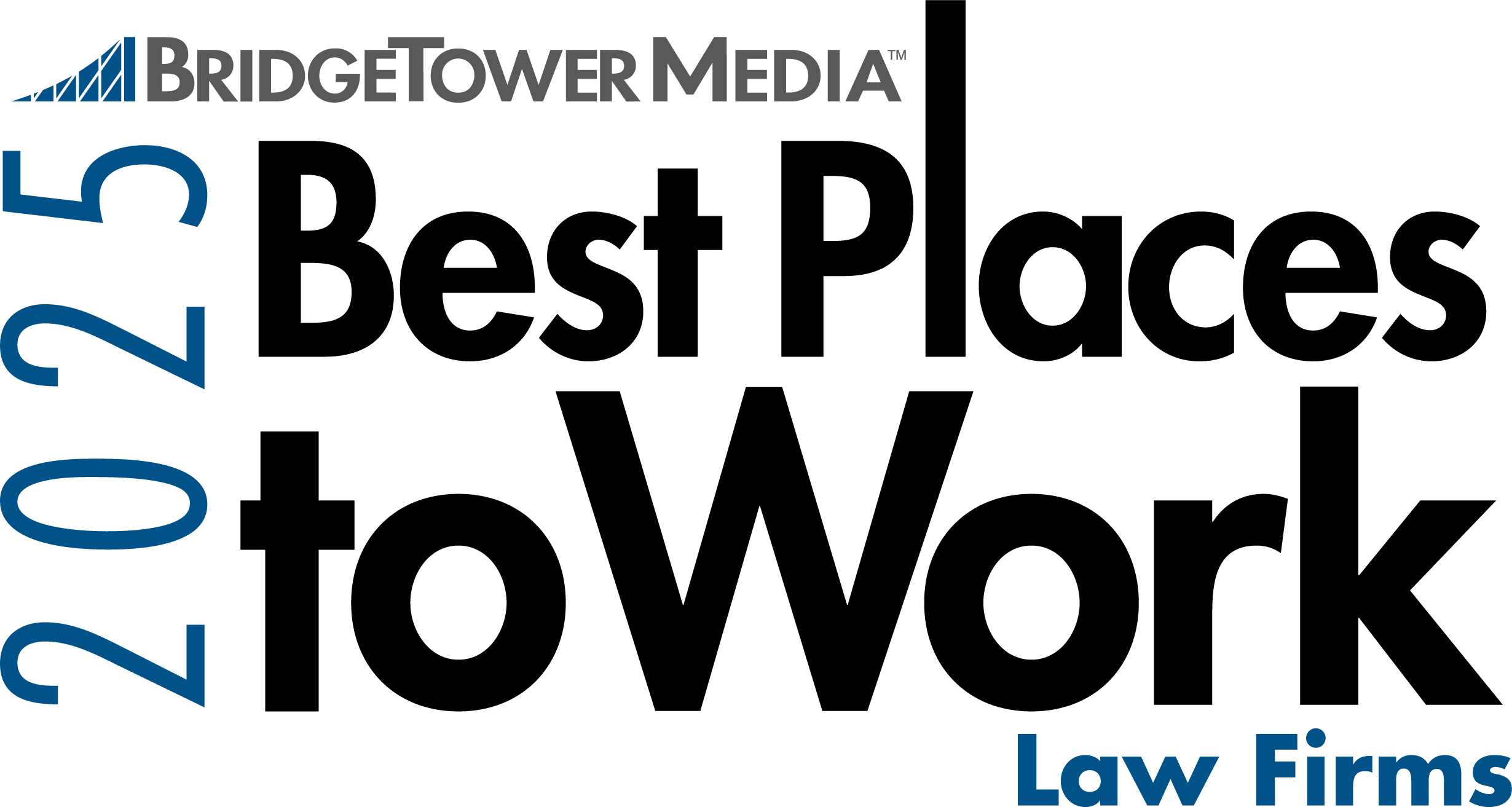Getting to the bottom of who is at fault after a car crash is imperative. In most states across the country, the responsible party is the person that will pay for the medical bills and property damages incurred by the innocent party. Medical bills and property damage can cost a great deal of money, and if you did not cause the accident, you certainly do not want to be on the hook for paying the bill.
It may seem clear who is at fault in a car accident case, but it is not always easy to determine who is responsible for causing the crash. After a car accident, a professional investigator must conduct a proper investigation to ensure that the correct party and their insurance company pay for your injuries. To learn more about how an investigation after a car crash generally works, continue reading.
A Professional Should Complete a Proper Investigation
A proper investigation should take place after a car crash. Most commonly, the local police department does this. The police should conduct investigations on almost a systematic, step-by-step basis. When the police complete these steps, they often conclude which party is at fault.
On which party the fault lies can vary at different stages of the case. Initially, the responding officers will decide about fault at the scene. The police will include the officer’s decision in the accident report that the officer completes. Each driver’s insurance company will get a copy of the accident report.
Each auto insurance company will use the accident report and the other evidence collected during their investigations to decide which driver is at fault for the accident. Some car accident cases may make it to trial. If your case goes to trial, either a jury or a judge will decide which party is at fault.
There is no legal requirement that you have a lawyer at any stage of this process, but it is wise to have experienced legal counsel on your side. Continue reading to learn more about how insurance companies determine fault in a car accident case.
Insurance Company Investigation
Regardless of who bears fault for the crash, you must report the accident to your insurance company. Failing to report the accident to your insurance company may violate the terms of your policy and may result in the cancellation of your insurance coverage.
Once the drivers report the accident to their respective insurance companies, each insurance company will conduct an independent investigation. During the investigation, both your insurance company and the other driver’s insurance company will contact you and ask you for a statement and other questions about the accident.
Each insurance company will try to collect evidence that helps it decide on fault for the accident.
Here are some examples of the types of information that the insurance companies are trying to uncover:
- The insurance company will want to discuss your injuries. The insurance adjuster you speak with will likely want to know if you went to the emergency room. They will want to know how soon after the accident you visited the emergency room or sought medical treatment. If you decide not to seek emergency medical treatment, the insurance adjuster will want to know why and may probe you with questions regarding your decision to skip medical treatment. The adjuster from each side will ask these questions and likely will ask about your diagnosis and if you are seeking additional treatment. Both insurance companies want to know the extent of your injuries. These details may be critical to the decision on fault, and they will consider them during settlement negotiations.
- The insurance adjusters will also ask you about damage to your property. The details about what kind of damage your vehicle sustained can indicate fault. Let’s say that all the damage to your vehicle is on the backside of the car, and all the damage on the other driver’s car is on the front end. There was likely a rear-end accident, and it is usually easy to determine in car accidents.
- Each insurance adjuster will ask if you are aware of any witnesses to the accident. They will ask if you had any passengers. If you did, the insurance adjusters will ask for their contact details to have a conversation with your passengers to collect their statements and find out what they remember.
- Each insurance adjuster will want to know if you are willing to make a statement about what happened. If the other driver’s insurance company asks you to provide a statement, it may be unwise to give the adjuster a statement without a lawyer present. Remember that insurance adjusters and insurance lawyers often take advantage of an accident victim’s novice and unfamiliarity with the process of an insurance claim. They have no interest in protecting your rights after a car crash and may use any statement that you give against you to protect the insurance company’s bottom line. It is never a good idea to speak to an opposing party’s insurance company without legal representation.
Will The Insurance Company Read the Police Report?
Yes, the insurance company should receive a copy of the police report and review it as a part of its investigation. You should also make a police report after a car crash if possible. The responding officer will ask everyone involved in the accident what happened, trying to get a good idea about how the accident occurred.
If someone involved in the accident cannot speak at the scene for medical reasons, the officer will speak to those involved at the hospital or later. The responding officer will also speak to passengers, pedestrians, and other witnesses to get their stories. After collecting this information, the police officer will compile an official report.
The accident report will include the officer’s narrative about what happened. Each insurance company will receive a copy of the accident report. The report will have the officer’s determination of fault, but the officer’s determination is only an initial determination. The insurance company will make the final determination of fault.
What if Each Insurance Company Makes Different Determinations of Fault?
A possible outcome of the insurance company investigations is that each company decides differently on fault. If that happens and counsel does not already represent you, you should hire an attorney. An experienced injury attorney can help you. If you find yourself in this circumstance, you should contact an attorney immediately to protect your rights.
An attorney experienced in the area will know the laws and procedural rules particular to your state that may help you win your case. In addition to helping you through settlement negotiations, your attorney will know what to include in your complaint to avoid missing out on any potential recovery if you must file a lawsuit.
If the insurance companies have different fault decisions, there will likely not be a settlement without a trial. In that case, you will need to have legal representation to protect your rights moving forward.
What Happens if My Case Goes to Trial?
Going to trial is scary for some people, especially if they have never been involved in a trial before. Each state has its own rules of procedure in civil matters, but generally, the life of a lawsuit follows the same pattern.
First, you must file a complaint with the proper court and within the appropriate statute of limitations. The statute of limitations refers to the amount of time an accident victim has to file a lawsuit for damages in court. It is vital to file your case in the correct court and before the applicable statute of limitations runs. If you fail to meet both requirements, then your case can be dismissed with prejudice, which means you can no longer file and will not receive a recovery on the matter.
Next, the defendant will file an answer to your complaint. In the answer, the defendant will either admit or deny the accusations. Depending on the state where you filed your complaint, the defendant may choose to file a motion to dismiss before filing an answer. The defendant may base their motion on any basis provided by the state’s rules of procedure.
Once both parties have filed the initial pleadings and motions, each side will participate in a process called discovery. Discovery is the fact-finding stage of the case. Discovery usually begins with each side sending the other party a set of questions called interrogatories.
Depending on the state or local court rules, the responding side has 20 to 30 days to respond or object to the questions. Typically, a set of requests for the production of documents will include interrogatories. Requests for production can include anything from medical records and bills to the documentation of lost income.
Depositions and mediation are also a part of the pretrial phase. During a deposition, a party or witness is testifying as if they are in court, although no judge or jury is present. The testimony is binding, and both parties can use it against the witness during the trial.
Mediation is a pretrial step to avoid going to court. A mediator is present. The mediator will listen to each side and give their opinion about how they can best resolve the case without bias. If an agreement or settlement results from mediation, your state may require that each party sign a mediation agreement and file the agreement with the court. Once a mediation agreement is signed, it is unlikely that the agreement will be voided without the party requesting the change filing a motion with the court.
If there is no settlement during the pretrial phase of the case, then your case may go to trial. The trial can take time. Your case will be assigned to a judge presiding in the court where you filed your complaint. You will either present your case before a jury or just to the presiding judge.
If there is a jury trial, the trial begins with jury selection. Next, the plaintiff will present their case. During the plaintiff’s case-in-chief, the defendant will have the opportunity to ask the plaintiff’s witnesses. The defendant will present their case, and the plaintiff will have the same opportunity to examine the defendant’s witnesses. The judge or jury will decide, and the court will render a verdict. This is the final decision on fault and how much the at-fault driver must pay to the injured driver. An appeal is available.
An experienced car accident attorney can use their knowledge and skill to assist you during the trial process. Having an attorney will help you protect your rights and ensure that you get the best outcome possible. Some people wish to represent themselves during a civil trial, but keep in mind that presenting the facts of a case well to a judge or jury is a skill that only gets better over time. It may be wiser to get an experienced attorney in your corner.
How Can an Accident Attorney Help Me?

Car Accident Lawyer, Matthew D. Glenn
Injury attorneys help accident victims return their lives to normal after they are involved in a car crash. An accident attorney can assist you in settlement negotiations with the large insurance companies that are there to protect their bottom line.
After a car accident, you are vulnerable to and unprotected from the schemes of insurance defense lawyers and insurance companies that work very hard to avoid paying you fairly to compensate for your injuries. Having an accident attorney with a great deal of experience reduces the risk of being taken advantage of by the insurance company’s legal team.
Contact a qualified accident lawyer if you have suffered an injury in a car accident. Get a lawyer with the knowledge and skill required to get the best outcome for you after an accident. You do not have to fight alone. Contact a car accident lawyer today and get your life back to normal.



